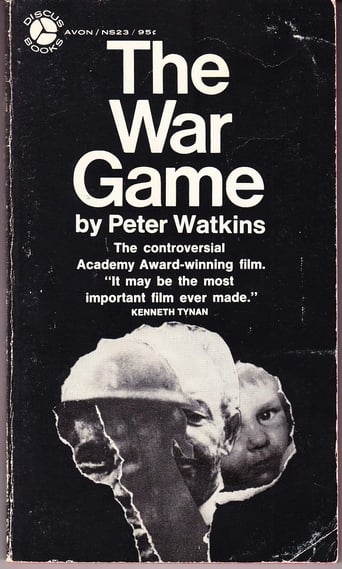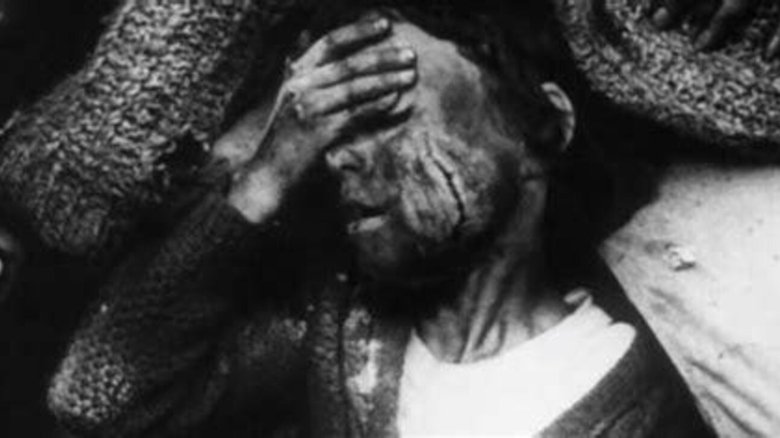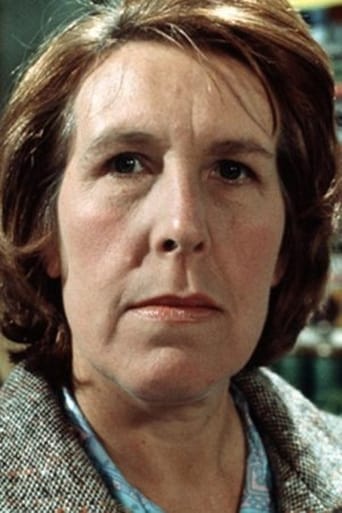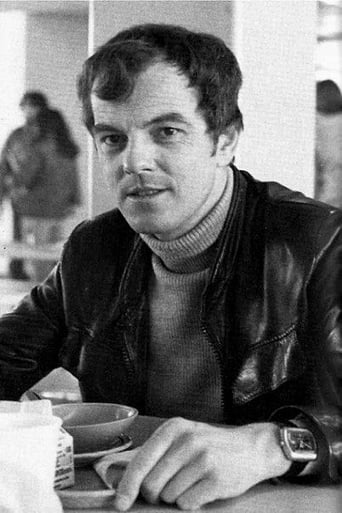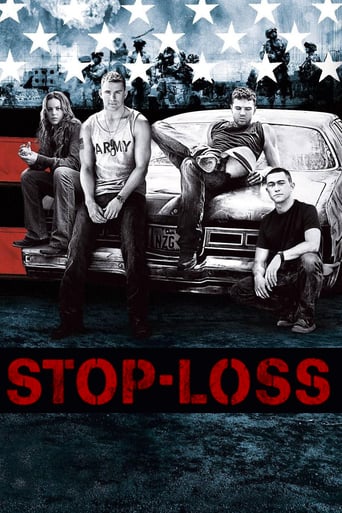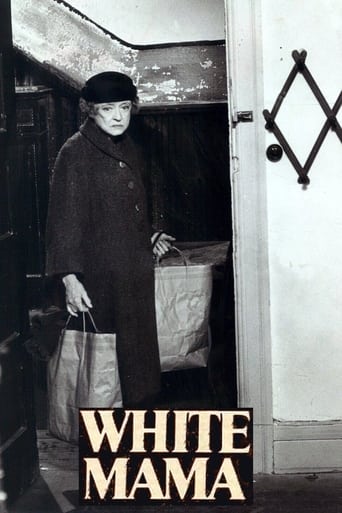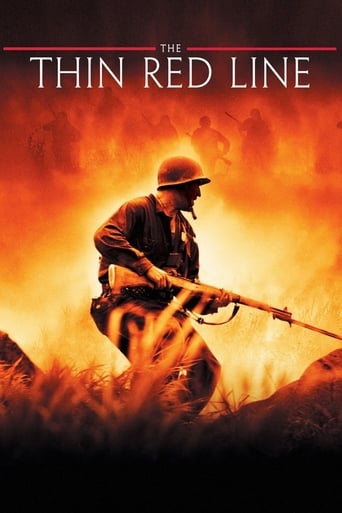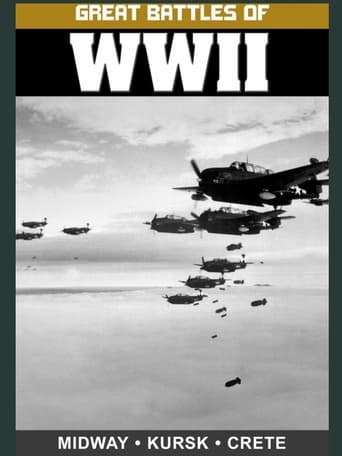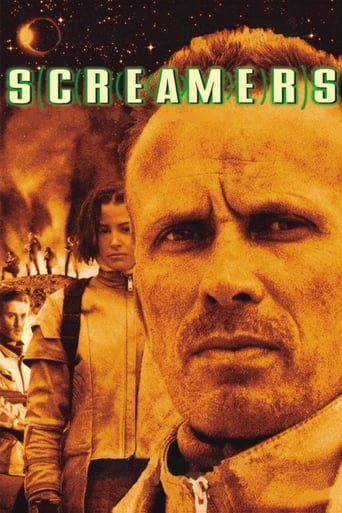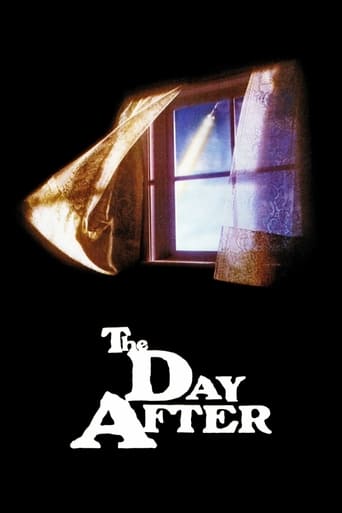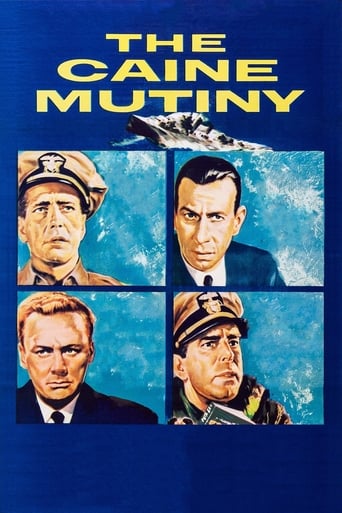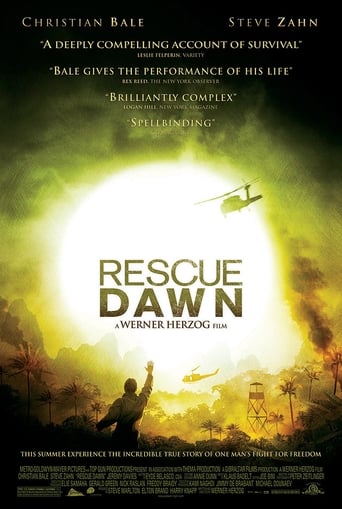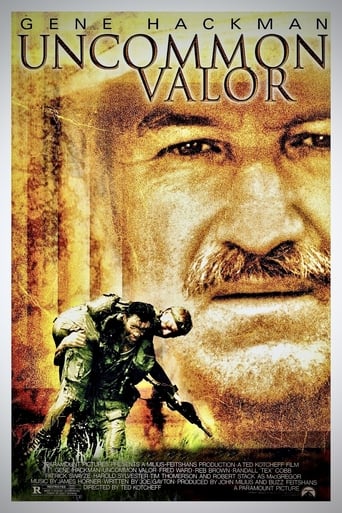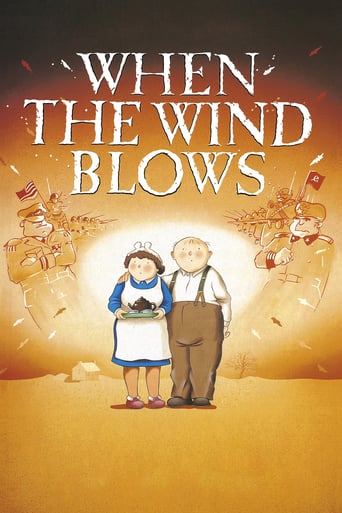The War Game (1966)
A docudrama depicting a hypothetical nuclear attack on Britain. After backing the film's development, the BBC refused to air it, publicly stating "the effect of the film has been judged by the BBC to be too horrifying for the medium of broadcasting." It debuted in theaters in 1966 and went on to great acclaim, but remained unseen on British television until 1985.
Watch Trailer
Free Trial Channels
Cast


Similar titles
Reviews
Very disappointed :(
Good story, Not enough for a whole film
A Major Disappointment
The movie turns out to be a little better than the average. Starting from a romantic formula often seen in the cinema, it ends in the most predictable (and somewhat bland) way.
I had heard about this film for ages, and I was glad to read it was featured in the book 1001 Movies You Must See Before You Die, I always assumed it was a documentary focusing on World War II, I had no idea it was a fictionalised feature about something completely different, so I looked forward to it. Basically, filmed in black and white, and lasting only fifty minutes, this is a realistic approach and insight into what would happen following the events of a Soviet Nuclear attack on Great Britain, i.e. the devastation and measures taken. In Soviet Vietnam the war stars after the Chinese invade, and the United States authorises tactical nuclear warfare against them, and West Berlin and Russia are forced into joining the battle as well, and this eventually leads to Britain being struck by missiles. The prelude to the attack sees residents of British cities forced into evacuation to the country, and the story centres on Rochester where a missile aimed at Gatwick Airport missed its target and struck, and the areas of Kent and Maidstone are seen to have been attacked as well. The missile explosions cause terrifying incidents and results, not just mass hysteria and chaos, but blinding light that effects many people's vision, a heat wave that melts the skin and in some cases eye balls, the spread of radiation poisoning that causes severe sickness, and of course the people are damaged psychologically which means the collapse of society. With the British Army and police are doing all they can to help those affected by the disasters, they are also forced into terrible acts in an effort to clear the ruin and stop any further incidents, such as burning corpses and shooting looters. Narrated by Michael Aspel and Dick Graham. At the time in 1965 it was meant to broadcast this film proved so controversial and shocking, it was called "too horrifying for broadcasting", that the film was shelved for a year, but when it was released in cinemas it gained reputation, but still didn't show in full on television until 1985. I can certainly see what all the fuss was about, it is very gritty and powerful film with the ability to shock with its realism and execution, and of course some gory effects, it probably caused many viewers to worry about being vaporised at any moment, but today it is remembered for its notoriety, and being a shocking but fascinating documentary drama. It won the Oscar for Best Documentary, Features, and it won the BAFTA for Best Short Film and the UN Award for director Peter Watkins. It was number 74 on The 100 Greatest Scary Moments, and it was number 33 on The 50 Greatest Documentaries. Very good!
This is a completely amazing film--one that makes films about nuclear war like "On The Beach", "Failsafe" and "Ladybug Ladybug" seem VERY tame by comparison. It is harrowing yet VERY realistic. And, I can't imagine someone watching this and not being affected.The film appears to be a documentary but the scenario is fictional. The actual impact of a nuclear attack, however, is very realistic and talks about things you don't normally think about--such as the aftereffects. A proliferation of rats, looting, martial law, blindness, the inability of the hospitals to care for the wounded (necessitating the police to shoot the dying), malnutrition, disease, malaise and HUGE numbers of dead. It's all very, very grim and flies in the face of insane notions that nuclear wars are survivable.Because the recreations of events and style of camera-work are VERY realistic, it's almost like watching an attack and life after it as if it has already happened. I don't care if your political bent is far-left, far-right or anything in between, this is sobering and awful. I can't think of a better film to adequately approach the realities of nuclear war.Read up on the trivia section for this film on IMDb--it's fascinating. Well worth seeing but super-grim.
A chilling pseudo-documentary dedicated to the measures England had in place to deal with nuclear attacks during the cold war era. Framed as a newscast interspersed with short, stern-faced lectures and quotes from the experts, it's a brutally honest glimpse into the horrors that were looming around every corner. Since it is, at heart, a public service film, it falls into a few of the associated traps - a low budget, obviously staged setups, a flood of monotone speakers glaring directly into the camera - but the unflinching approach it takes to such a powerful, intense subject excuses most of those shortcomings. By no means a party picture, it's still a fascinating look into how poorly prepared humanity was (and still is) for the mutual destruction its nations were flirting with, almost playfully, at the time. Chillingly effective, alarmingly grounded and hauntingly vivid - our trigger-happy national leaders could stand a modern viewing, lest the concept of nuclear war become too abstract.
If you like horror films, you will absolutely love this film.It was made for BBC television, but deemed too horrendous to show. It was later shown in theaters and won an Oscar for best documentary film in 1966.You cannot tell that you are not watching real live news instead of a film. It shows not only the horror of nuclear war, but the fact that the government is not prepared in the least to cope with the evacuation and damage.It has some really horrible scenes of death, but the most terrifying aspect of the film is the naivety and total lack of realistic expectations. The aftermath is a testament to the stupidity of nuclear weapons.The film draws on the aftermath of Dresden and Hiroshima and Nagasaki for realism.One has to realize that this was 1965 before we reached the level of weapons we have today.This is a film that should be seen by everyone.

